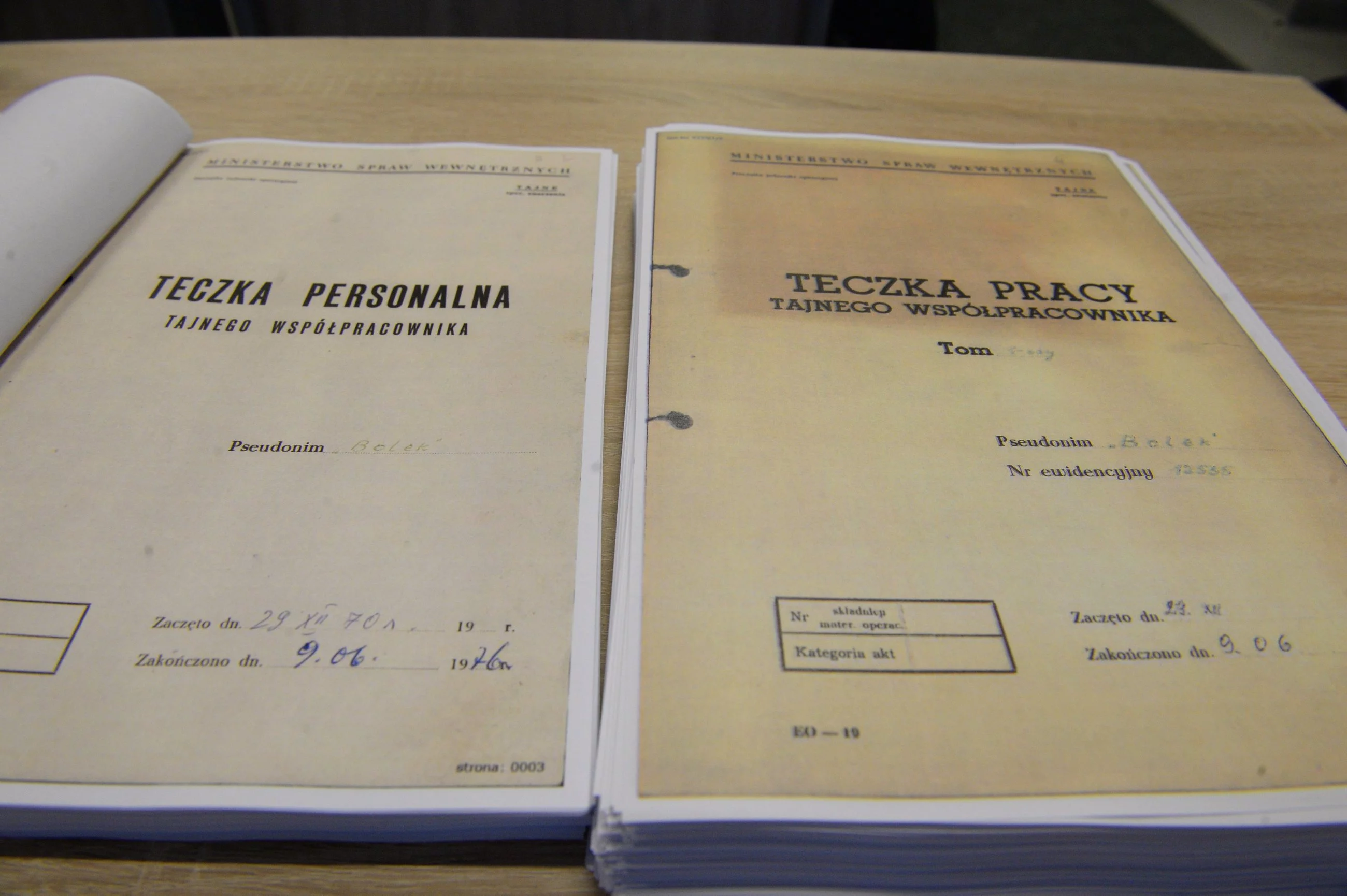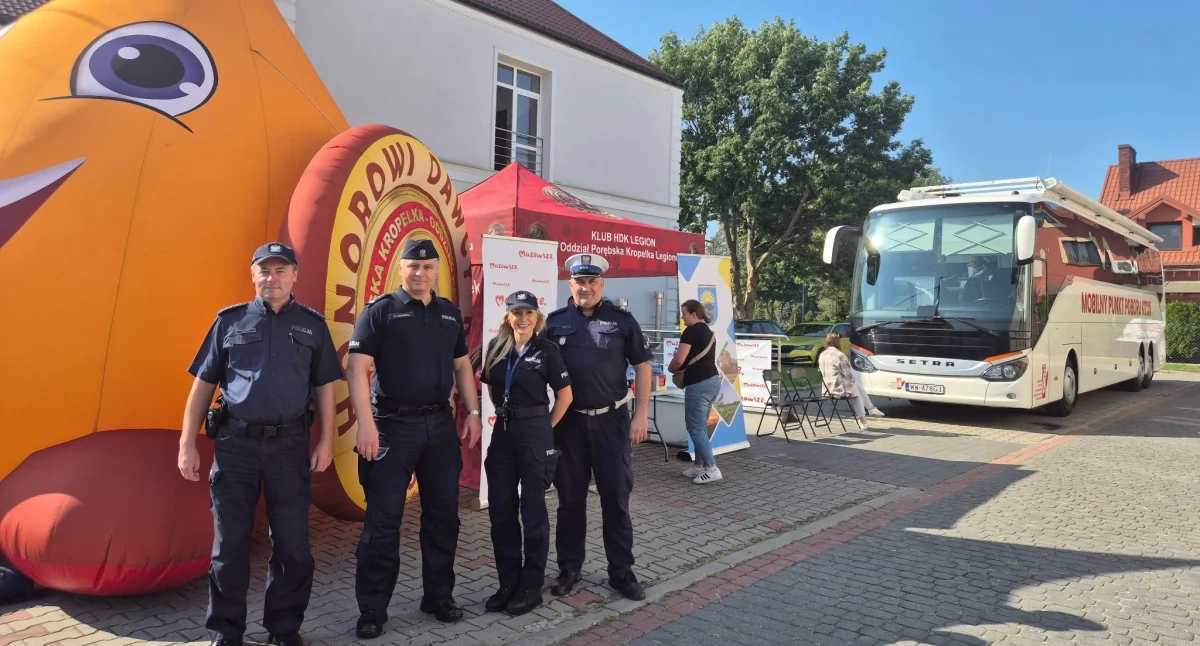Description of the facts
By judgement of 29.11.2022 in Case X K 723/18, the territory Court of W. held D.M. Guilty of committing alleged acts against Art. 189(2) of the KK in accordance with Art. 197 §1 of the KK, in accordance with Art. 58(1) of the Act of 29.7.2005 on combating drug abuse (Journal of Laws of 2023 item 1939; hereinafter: Narku), in conjunction with Art. 11§2 of the KK and with Art. 62(2) of Narku, for which he sentenced him to a full conviction of 3 years imprisonment.
By judgement of 30.11.2023, in Case X Ka 817/2, the territory Court of W. — after the defendant’s appeal — amended the contested judgement in specified a way that from the description of the act attributed D.M. removed the word Psychotropicand Article 58(1) of the Narku was eliminated from the grounds of conviction for that act. In the remainder of the contested judgment, the contested judgement was upheld.
The annulment of the decision was brought by the defendant, alleging a gross violation of the provisions of the procedure which may have a crucial impact on the content of the judgment, namely Article 6 of the NCP in conjunction with Article 117(2) of the NCP and Article 139(1) of the NCP, by carrying out appeal proceedings in the absence of the accused D.M. in a situation where the suspect was not effectively notified of the date of trial before the territory Court in W. 27.11.2023 and the court adquem He mistakenly considered the announcement sent to him of the above date of the proceeding to have been served correctly when, in fact, the announcement was sent to an out-of-date address of residence and to the defendant's service, which the suspect informed the court of in the course of the first instance proceedings, thereby violating the defendant's rights of defence and his right to personally combat the charges.
By raising that plea, the defenceman requested that the judgement be set aside and that the case be referred back to the appeal proceedings.
In a written answer to the cassation, the prosecutor requested that she be dismissed as manifestly unfounded.
Supreme Court D.M. for an offence pursuant to Article 62(2) of the Narku and others, after having been heard in the Criminal Chamber at its sitting on 20.11.2024, pursuant to Article 535(5) of the NCP, the cassation brought by the defender against the judgement of the territory Court in W. of 30.11.2023, in Case X Ka 817/23, amending the judgement of the territory Court in W. of 29.11.2022, X K 723/18, annulled the contested judgement and the case was referred to the territory Court in W. for re-examination in the appeal proceedings.
Reasons for SN
In the view of the ultimate Court, the cassation of the defender is justified and it is obvious, which allowed it to be taken into account under Article 535(5) of the NCP, at a sitting without the participation of the parties.
Right is the author of the cassation that the territory Court of W. incorrectly accepted that the suspect was correctly (proprietarily) notified of the date of appeal. In fact, there has been a serious breach of the provisions set out in the cassation plea, and this failure could have a crucial impact on the content of the judgement under appeal.
At the outset, it should be noted that the ultimate Court takes note of the fact that the defendant's participation in the appeal proceeding is not compulsory. The presence of the parties at the appeal proceeding shall be governed by Article 450 of the NCP. The defendant's participation in it is his right to benefit from, and in addition to the accidents indicated straight in the Act (Article 451 of the NCP), the law cannot be limited. However, according to Article 450(3) of the NCP, the absence of duly informed parties, defenders or representatives does not cover the case. However, this provision must be read in conjunction with another provisions governing the criminal process, and in peculiar Articles 117(2) and 2a of the NCP. It is precisely in order to guarantee that the rights of the parties, including the right of defence of the accused, are utilized in a realistic manner, that Article 117(2) of the NCP provides that a procedural act is not carried out if the rightholder has not appeared and there is no evidence that it has been notified. This provision is of a warrant nature to the parties entitled to take part in the procedural action.
In the context of the rules on the rights of defence, it should besides be recalled that Article 6 of the NCP establishes 1 of the fundamental procedural guarantees of the accused, namely the right to defence in a material sense, understood as an chance to argue the thesis of the prosecution, as well as the right to defence in a formal sense, understood as a right to the assistance of the defender. The universal position of this rule is besides defined by the global treaties governing human rights issues – Article 6(3)(c) of the Convention for the Protection of Human Rights and Fundamental Freedoms, drawn up in Rome on 4.11.1950, subsequently amended by Protocols 3, 5 and 8 and supplemented by Protocol No 2 (Journal of Laws of 1993 No 61, item 284), Article 14(3)(d) of the global Covenant on civilian and Political Rights opened for signature in fresh York City on 19 December 1966 (Journal of Laws No 38, item 167) and constitutional standards (Article 42(2) of the Constitution of the Republic of Poland).
Declared by the defendant's intention to take part in the appeal proceeding is so his power in which he cannot be limited in any way, even if he has a defender. Regardless of the defender, he can defend himself and exercise his powers, which is the exercise of the right of defence in all stages of proceedings (T. Grzegorczyk, Code of Criminal Procedure). Comment. Warsaw 2008, SN judgments 7.5.2008, V KK 413/07, Legalis; 2.10.2006, V KK 213/06, Legalis)
At the same time, Article 523(1) of the first NCP requires that a gross violation of the law may have a crucial impact on the content of the contested annulment of the judgment. Without denying that the suspect was represented at an appeal proceeding by a defence attorney, it should be stressed that a flagrant violation of the provisions aimed at guaranteeing the fundamental right to participate in the proceedings and to conduct his own defence would have only an illusory character if he looked at those provisions solely through the prism of participation in the action of the defendant. In conclusion, it was so concluded that the limitation of the defendant's right of defence, which occurred in the appeal proceedings before the territory Court of W., should be regarded as gross and have a material effect on the content of the judgement under appeal.
Consequently, the ultimate Court annulled the contested judgement and referred the case to review in the appeal proceedings. Recognising the defendant's appeal, the territory court will take into account the applicable considerations regarding the request to warrant the suspect a real chance not only to take up his defence but besides personally, unless the individual afraid resigns from his authority.
Comment
The examination of the file of the case in question clearly confirms that the announcement of the suspect D.M. the date of the appeal is addressed to an outdated address in G. In the meantime, in a letter dated 11.10.2019, the suspect indicated his fresh address. Thus, the defendant, who was not present at the appeal hearing, was not decently notified. It is besides characteristic that the fact that the president of the appeal proceeding himself mistakenly stated that the accused D.M. has been correctly notified of the deadline, cannot origin adverse consequences for the party. No appropriate notification D.M. of the time limit was undoubtedly a gross violation of Article 117(2) of the NCP (in the above-mentioned Article 6 of the NCP), according to which no activity is carried out if the rightholder has not appeared and no evidence has been notified. Undoubtedly, the ultimate Court’s decision to revoke the judgement and mention the case back to the proceeding is par excellence That's right.
















